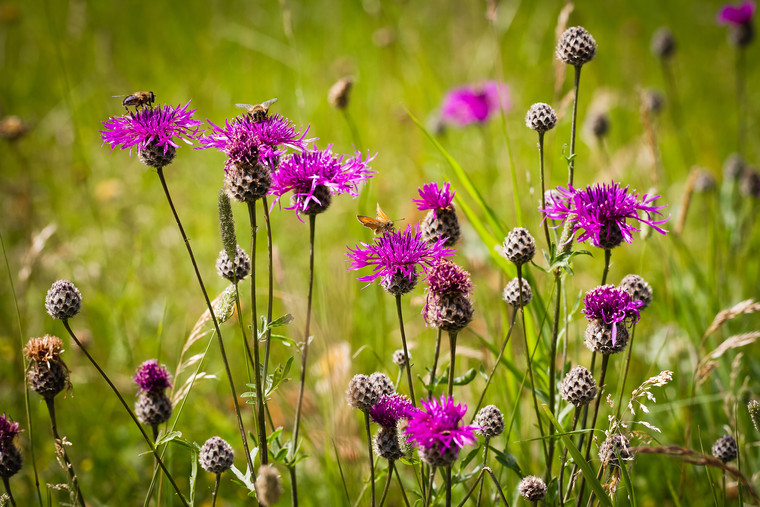Jeremy Clarkson has never been one to tread, or indeed drive, the beaten track. This is evident in his latest venture; running a 1,000 acre farm in Oxfordshire. His triumphs and failures are laid bare in his show, Clarkson’s Farm, which gives a refreshing insight into the unforgiving realities of everyday farming in Britain.
Owning a rural business often means dealing with legal issues relating to both personal and business matters. Having the right legal support is crucial to protecting your assets, whatever happens in life. What advice would we give to Jeremy, as a novice farmer, to steer him down the right track and into Series 2?
Understanding available tax reliefs
In his year of farming Jeremy devotes some considerable air time to a passion project. His plan is to ‘re-wild’ a small area of land to create a trout pond and natural wildlife habitat. It is a very topical issue, with the new Environmental Land Management scheme potentially rewarding this type of project and biodiversity being on the climate change agenda.
However, where the land is taken out of agricultural use it may result in a loss of Agricultural Property Relief (APR) which is a valuable relief for Inheritance Tax purposes. Jeremy may be able to fall back on Business Property Relief (another IHT relief) but he should take advice before digging a big hole in his tax reliefs.
Protecting assets before and after marriage
It’s fair to say that Jeremy’s partner, Lisa, suffers his escapades with a hearty smile. Bringing a spouse or partner into the farming business can sometimes be logical, is common and can have tax benefits but it does not end there. The truth is that divorce and relationship breakdown can be a significant risk factor in the farming world where farming families’ wealth is predominantly held in the farm itself. If Jeremy wants his love affair with farming to continue he needs to plan carefully before getting down on one muddy knee.
While unmarried couples can put in place a cohabitation agreement to manage financial arrangements upon separation, the same can be said about putting in place either a pre and post nuptial agreement to agree what happens in the event of divorce. These are more often than not recognised by the court if properly entered into. Jeremy should therefore consider entering into such arrangements alongside other traditional succession tools, such as a Will.
Succession planning
Having a Will is an essential succession planning tool. Assets left to a spouse on death are transferred free of Inheritance Tax. This can, however, also put them at risk, for example if the surviving spouse then remarries. There are structures that can be incorporated in a Will which utilise inheritance tax reliefs (spousal, APR and BPR) while also making provision for a spouse or partner. These Will structures ensure the farm can continue to be managed effectively but also mitigate the risks of remarriage.
Losses and the risks of hobby farming
After a tough harvest, Jeremy finds out in the last episode that his farm has sadly lived up to the Diddly Squat name, by making just £144 profit on arable operations.
While a loss is not uncommon for hardworking honest farmers, continued and sustained losses and diversification can mean being caught under the hobby farming rules. HMRC does not provide tax relief for those that are farming for the lifestyle and not running their farm as a commercial enterprise, i.e. “hobby farming”. Where these rules apply it can have a serious impact on inheritance tax, capital gains tax and income tax reliefs.
I think it’s fair to say that Jeremy needs to consider the more intricate details of owning a rural business if he wants to safeguard himself and the business for the future. We would always recommend speaking to a legal advisor, who will be able to provide tailored legal advice to ensure that wealth and assets across all areas of a person’s life are protected.




